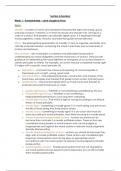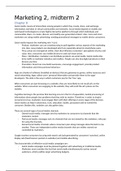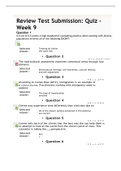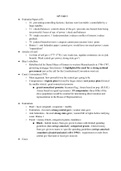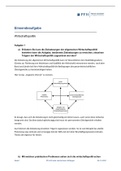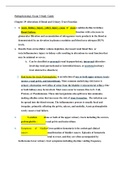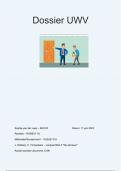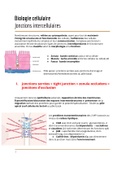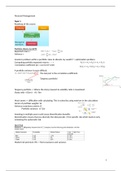Summary
Summary Ethics - Section A - Exam Notes
- Course
- Institution
Comprehensive Ethics (PHI1010S) Study Guide This document covers: Week 1: Fundamentals – Lewis Vaughn & Pryor Week 2: Moral Relativism – Gilbert Harman, Jonathan Wolff & David B. Wong Week 3: Divine Command Theory – Shafer Landau, Jonathan Berg & Richard Swinburne Week 4+5: Ut...
[Show more]
